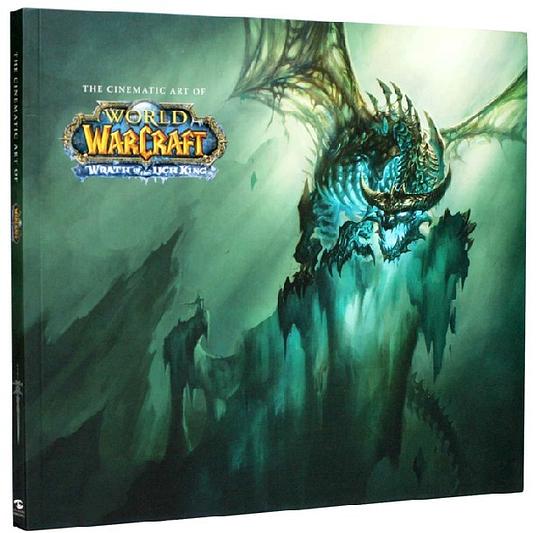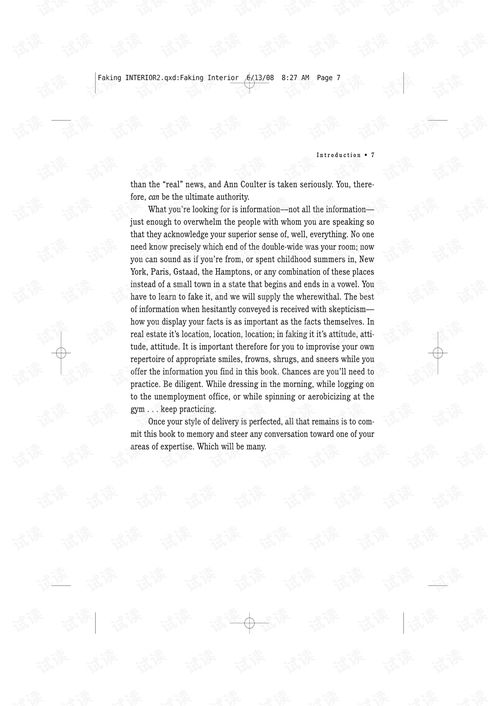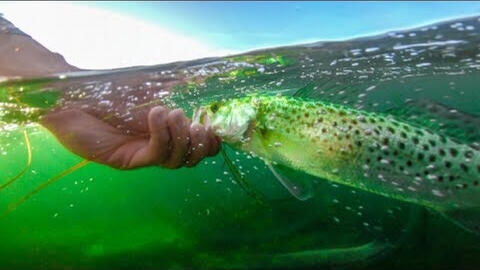Content:
Embarking on a fishing trip can be an exhilarating experience, whether you're a seasoned angler or a beginner looking to cast your line into the unknown. To ensure that your fishing adventure is both enjoyable and productive, here are six essential tips to help you master the art of fishing.
Choose the Right Equipment
The foundation of a successful fishing trip lies in the equipment you choose. Here are some key considerations:
- Rod and Reel: Select a rod and reel that match the type of fish you're targeting. Lightweight rods are ideal for panfish, while heavier rods are better for larger species like bass or pike.
- Line: The type of line you use depends on the fish and the environment. Monofilament is versatile but stretches, while fluorocarbon is nearly invisible underwater and doesn't stretch as much.
- Hooks: The size and type of hook should correspond to the size of the bait and the fish you're aiming to catch. For example, smaller hooks are better for delicate fish like trout, while larger hooks are suitable for bigger game fish.
Understand the Fish Behavior

To catch fish, you need to understand their behavior. Here's what you should know:
- Habitat: Fish tend to stay in areas where they can find food and protection. Research the habits of the fish you're targeting to find their preferred habitats.
- Feeding Times: Fish are most active during certain times of the day. Early morning and evening are typically the best times for feeding, but this can vary depending on the species and season.
- Water Temperature: Fish are sensitive to water temperature. They are most active in water that is within their preferred temperature range, which is usually between 60-70 degrees Fahrenheit (15-21 degrees Celsius).
Master the Art of Baiting
The way you present your bait can make or break your fishing experience. Here are some tips:
- Natural Bait: If you're using natural bait, ensure it's fresh and alive. Dead or stale bait is less likely to attract fish.
- Artificial Lures: When using artificial lures, experiment with different retrieves and presentations. Sometimes a slow, steady retrieve can be more effective than a fast, erratic one.
- Scent: Adding a scent to your bait or lure can sometimes make the difference. Choose a scent that is known to attract the species you're targeting.
Patience is Key
Fishing is a waiting game. Here's how to stay patient and productive:
- Set Your Expectations: Understand that not every fishing trip will result in a catch. Sometimes, the best fishing happens when you least expect it.
- Stay Composed: If you're getting frustrated, take a break. Moving to a different spot or changing your approach can sometimes spark a bite.
- Stay Hydrated and Nourished: A well-rested and well-fed angler is more likely to be patient and focused.
Learn from Others
Observing and learning from other anglers can be incredibly valuable:
- Ask for Advice: Don't be afraid to ask local anglers for tips on the best spots and techniques.
- Watch and Learn: Observe how other anglers are fishing and see if you can incorporate any new techniques into your own approach.
Respect the Environment
Fishing is not just about catching fish; it's also about respecting the environment:
- Leave No Trace: Always clean up after yourself and dispose of trash properly.
- Follow Regulations: Adhere to fishing regulations, including size and catch limits, to ensure the sustainability of fish populations.
- Be Mindful of Wildlife: Avoid disturbing wildlife and their habitats. Remember that fish are living creatures and should be treated with respect.
By incorporating these six essential tips into your fishing strategy, you'll be well on your way to a more successful and enjoyable angling adventure. Whether you're targeting trophy fish or simply looking to unwind on the water, these tips will help you make the most of your time on the lake, river, or ocean. Happy fishing!












